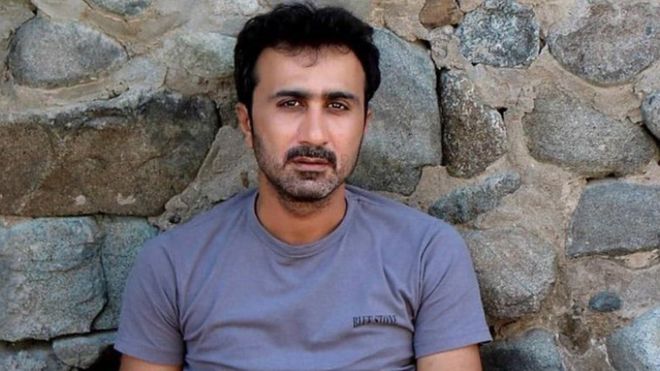Pakistan remains one of the most dangerous countries to be a journalist, it ranked 142nd out of 180 countries in the 2019 RSF (Reporters without borders) Press Freedom Index. and as per the Committee to Protect Journalists (CPJ) 61 journalists have been killed in Pakistan.
What is even more alarming is that in recent years there are reports of exiled reporters and bloggers based in Europe also facing threats. In February 2020, Ahmad Waqass Goraya, a Pakistani blogger living in Rotterdam, was attacked and threatened outside his home by two figures allegedly from the Pakistan intelligence agency.

In March a prominent Pakistani journalist who fled the country after receiving death threats has gone missing in Sweden where he had been granted political asylum. According to a story in The Guardian “Sajid Hussain, 39, went into self-imposed exile in 2012 after his reporting on forced disappearances and human rights abuses in the turbulent region of Balochistan had led to death threats. He had continued to run an online newspaper, the Balochistan Times, from abroad covering the same topics. Hussain was last seen at around 11am on 2 March in the Swedish city of Uppsala where he was living. A day after he stopped answering calls, a friend told the police about his disappearance and he was officially registered as a missing person on 5 March.”
Hussain “is from a well-known political family in Balochistan, which has long been a battleground between armed insurgents and security forces. His uncle Ghulam Mohammad Baloch was killed in 2011 while heading a nationalist movement. Hussain had worked for numerous news outlets in Pakistan, reporting on abuses in Balochistan around drugs, human rights and enforced disappearances, but fled the country in 2012 when police raided his house, taking his laptop and interrogating his family, and intelligence services visited his associates. Hussain had continued his journalism as he moved from the United Arab Emirates, Oman and then Uganda before settling in Sweden in 2018, and was given political asylum in 2019.”
According to Daniel Bastard, the Asia Pacific head of Reporters Without Borders, “Hussain could be a victim of enforced disappearance, given the circumstances of his case and testimony by his family and colleagues. Now, when you think about who could find interest in suppressing a dissident journalist, the first hypothesis leads to Pakistan’s security agencies.” The CPJ also demanded that the “Swedish authorities should make every effort to locate missing journalist Sajid Hussain Baloch and ensure his safety.”
According to the BBC, “Online newspaper the Balochistan Times, for which Hussain was chief editor, said it had reported his disappearance to Swedish police on 3 March. “As of today [28 March], there is no clue about his whereabouts and wellbeing,” it said in an editorial. “The police have not shared any progress in the investigations with his family and friends.”
![]()





